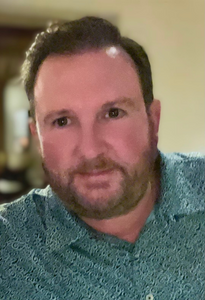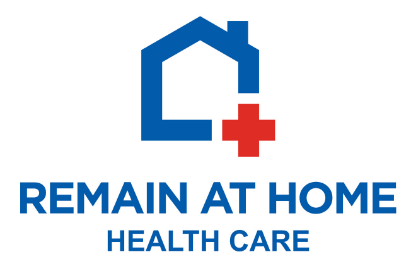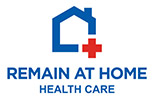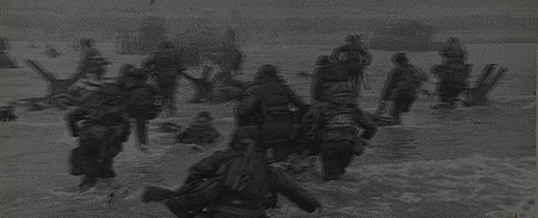“Post-Traumatic Stress Disorder,” defined as “a serious disorder that results from exposure to a traumatic event [and] involves severe fear, helplessness and horror,” was first diagnosed during the Vietnam War, but there’s not much argument the condition existed long before it was identified. In the WWI/WWII era, it was mostly referred to as “shell shock.”
PTSD for seniors who bravely served our country during wartime or have had a traumatic life-event, such as cancer or a heart attack, and/or especially those who survived the Holocaust, is unfortunately more common than many realize: 13% as compared to 10% among the general population.
The lion-share of sufferers are veterans, as memories of the horrific sights and sounds of combat and the death of comrades often stay with veterans for years. PTSD can manifest itself in making folks feel stressed, paranoid and fearful and can include flashbacks and nightmares (essentially, the very real fear that the event(s) in question are happening all over again.) Sleep disorders, feelings of loneliness, angry outbursts, and feelings of guilt and sadness are the usual telltale signs or symptoms of PTSD.

Brian Carrigan
Founder & Co-Manager
Many veterans attempt to deal with their condition by avoiding conversations or situations that could remind them of their combat experiences or worse still, relying on vices such as alcohol to dull traumatic life events.
In examining treatment options for seniors suffering from PTSD, medication and psychotherapy are the preferred methods. Counseling in an individual or group setting is imperative and medication choices range from the dispensing of anti-psychotics and anti-anxiety drugs to sedatives, which mainly help a PTSD patient overcome sleep-loss from nightmares.
As we honor those who have served our wonderful democracy on occasions such as Veterans and Memorial Day, please understand that many of those who have defended our freedom returned home in a much different emotional state than when they departed. In observing such holidays or in situations that arise in everyday life, we must be mindful that many continue to fight in a different kind of war – and we owe it to them to respect what may be painful experiences.
They put their lives on the line and, in many cases, gave their lives so we might have the opportunity to live and thrive in the “land of the free and the home of the brave.”




